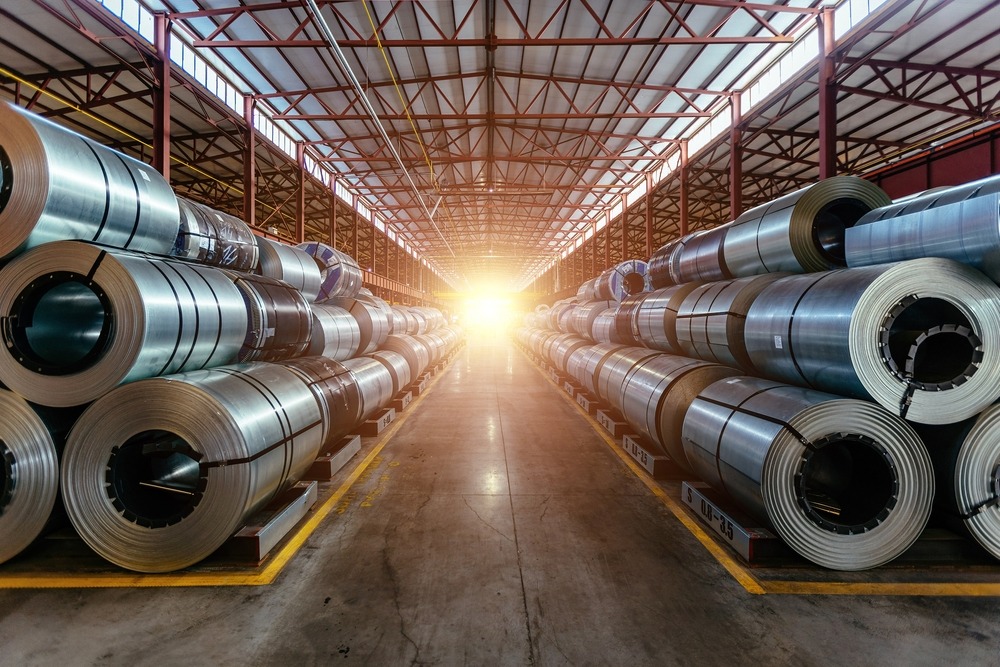
Aluminum sheet is a widely used material in the industrial, construction, and automotive sectors due to its lightness, durability, and corrosion resistance. Its aesthetic and functional properties make it suitable for both industrial and decorative projects.
This guide will cover what aluminum sheet is, its features, applications, advantages, and selection criteria in detail.
An aluminum sheet is a flat, thin material made from aluminum alloys. Aluminum sheets produced in various thicknesses and dimensions provide great convenience for assembly and processing.
Lightweight: About three times lighter than iron, making transportation and installation easy.
Corrosion Resistance: Does not rust when exposed to air, moisture, or chemicals.
High Workability: Easy to cut, bend, drill, and weld.
Aesthetic Appearance: Suitable for modern designs with glossy or matte surface options.
Heat and Electrical Conductivity: Good conductor of heat and electricity.
The aluminum sheet production process generally includes the following stages:
Raw Material Preparation: High-purity aluminum alloys are selected.
Casting and Rolling: The aluminum alloy is rolled to the desired thickness.
Heat Treatment: Heating and cooling processes are applied to increase durability.
Surface Treatment: Glossy, matte, or anodized surface options are provided.
Cutting and Packaging: Sheets are cut to requested sizes and prepared for shipment.
Aluminum sheets are used for various purposes in different sectors:
Provides lightweight and durable solutions for facade cladding and ceiling systems.
Offers aesthetic appearance for decorative wall panels and railing systems.
Provides lightweight and durable material for vehicle bodies and various parts.
Preferred for fuel efficiency and performance-enhancing properties.
Used in the production of machine parts and equipment.
Its corrosion-resistant structure ensures long-lasting use.
Can be safely used in hygienic facilities and chemical storage areas.
Preferred in ship and yacht building due to its resistance to saltwater.
Lightweight and Durable: Easy to transport and install.
Corrosion Resistant: Long-lasting and low maintenance.
Easy to Work With: High performance in cutting, bending, and drilling.
Aesthetic Appearance: Provides modern design with glossy, matte, or anodized surfaces.
Environmentally Friendly: 100% recyclable and suitable for sustainable projects.
1000 series: Pure aluminum, light and soft.
5000 series: Magnesium alloy, corrosion-resistant.
6000 series: Silicon and magnesium alloy, durable and workable.
Select sheets in thickness and width suitable for intended use.
Glossy (Mirror): Suitable for decorative and modern designs.
Matte (Satin): Preferred for industrial and minimalist projects.
Anodized: Provides extra protection against corrosion.
Sheets suitable for cutting, bending, and assembly should be selected.
Aluminum sheet prices vary depending on alloy type, thickness, dimensions, and manufacturer:
1000 series: Economical, suitable for light and soft projects.
5000 series: Medium price, durable, and corrosion-resistant.
6000 series: High price, durable, and workable.
Other factors affecting prices include delivery time, quantity, and surface treatment.
Regular Cleaning: Wipe with a damp cloth to clean.
Protection from Chemicals: Keep away from corrosive chemicals.
Storage: Store in a dry and ventilated area.
Aluminum sheet is a critical material in construction, automotive, machinery, food, and marine sectors due to its lightness, durability, and aesthetic appearance. Selecting the right alloy and thickness ensures long-lasting and economical solutions for your projects.
If you seek high quality and durability in your projects, aluminum sheet is an ideal choice.